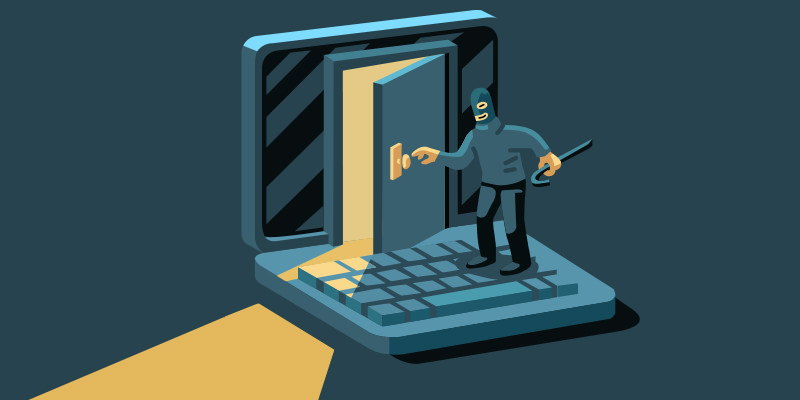A little-known fact about cyber crimes or a mere misconception, if you may, is that it targets big business, in fact, the small business is a more safe and easy target for them. The era has now established an age of cyber threats marking the scathing vulnerabilities. Crimes or frauds committed by the means of computer or information technology dependent are cyber crimes. Fraudsters are becoming more creative and usually, their target victims are often unaware of the crimes. Phishing, spyware, malware, hacking and social engineering are all ways of conducting cyber fraud.
The misconduct of company’s data or data breaches has been going on for as long as its existence of records. Referring to the technological advancements and the proliferation of data sure has increased rapidly. The biggest risk involves leveraging the developments, cybercrime evolves.
While commencing a new business, internet security should now be a priority. With the rise of cyber crimes in the business world, monitoring the private data becomes salient and are not to neglect. One common mistake for entrepreneurs is assuming that their small business is at a lower risk compared to other larger businesses. Reasoning out, those of who runs a small business not necessarily have the budget and resources, hence makes them more vulnerable to attacks. While considering the safety of the business, one should be aware of the general nature of the crime and the how it spreads.
Poor Employee Training
Staff members are by far one of the biggest reasons that malware and other threats enter business systems. Malware schemes and emails are becoming to seem more legitimate and advanced, that somehow encourages the employees to click on the link and open the messages received in the form of the virus. Another risk comes as handy as many businesses encourage the staff to work on their personal mobile hardware; the control over company information lessens. If workers enable unauthorized third-party applications to use company data it will cause a major breach risk. What here clings to the benefit of the criminals is that usually small businesses have limited or no IT department, which results in their devices and networks being outdated. Lack of updates in software increases the vulnerability.
Smaller Server
Smaller businesses have much easier networks compared to large businesses. Where a large business may have a room full of servers, linking hundreds of computers and devices, smaller business usually has only one server making it easier to breach.
Larger Data
Each time a website is used, pages are liked and/or accounts are opened, data is created. Small businesses create, close to a quarter million of these tasks and are almost impossible to keep track as to which is legitimate.
Easier Target
It is just easier for cybercriminals to target small business. Big businesses have the time, the money and the resources to use the latest technology and protect their data and networks from preaching. Smaller businesses don’t and that is why it makes an easy target for frauds and criminals to spot on them. This does not mean that small businesses cannot secure themselves. But there are a lot of small business and less of big business, which puts them on the threshold.
How to Protect Data
A company’s security urgency will depend on the type of information being transmitted and stored.
- The best practice for managers and executives here is to be aware of the issue and educate and train themselves as well as their employees. Hiring IT professionals to tackle such issues will always be in prose.
- Usage of anti-malware and anti-virus
- Avoid usage of personal devices in the office premises
- To be aware of email scams and be cautious before clicking on any, resultant can be virus.
- Backing up data regularly
- Updating software and changing passwords consistently.
Cyber-scams and security may seem like a daunting issue, but it’s necessary to tackle to prevent breaches, ensure security.

